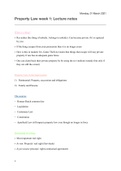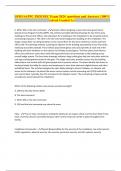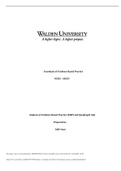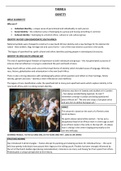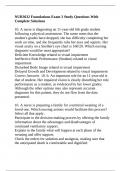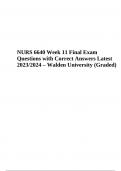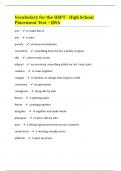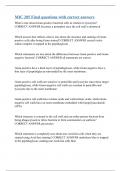Class notes
Law of Property notes
- Course
- Property Law (PVL2002H)
- Institution
- University Of Cape Town (UCT)
I have summarised the lecture notes from Amanda Barret and colour coded everything to appear in a neat and concise manner. Notes have been summarised so that all relevant information is in the notes. Covers the whole year of the course
[Show more]
